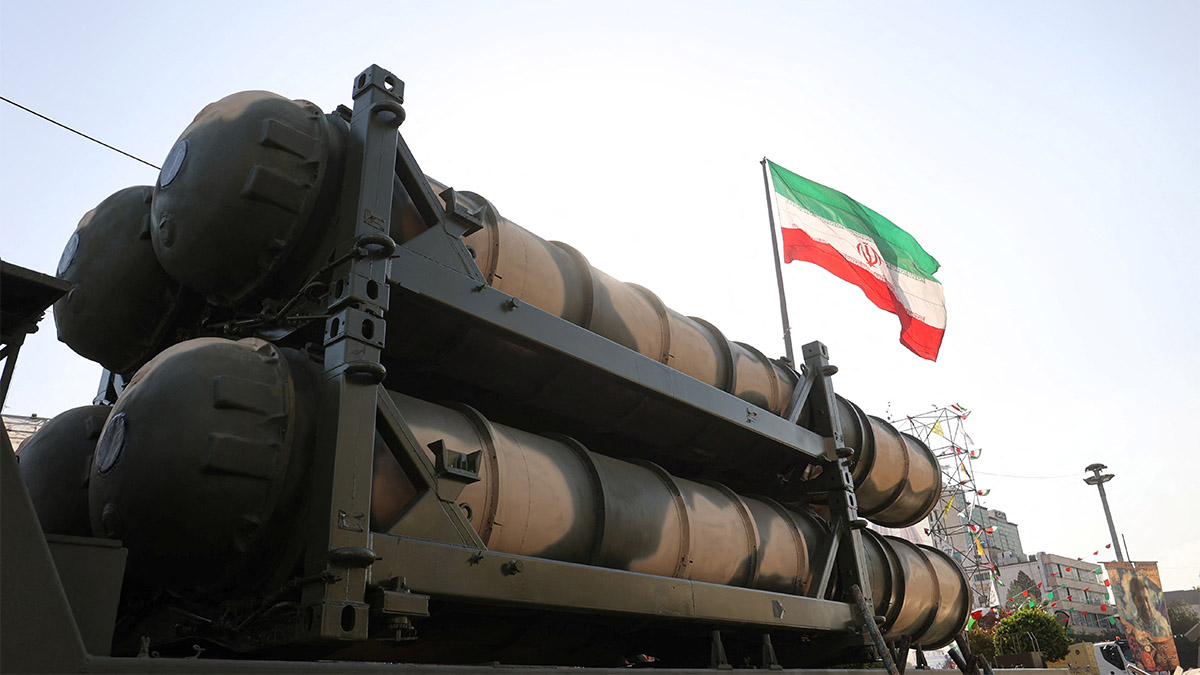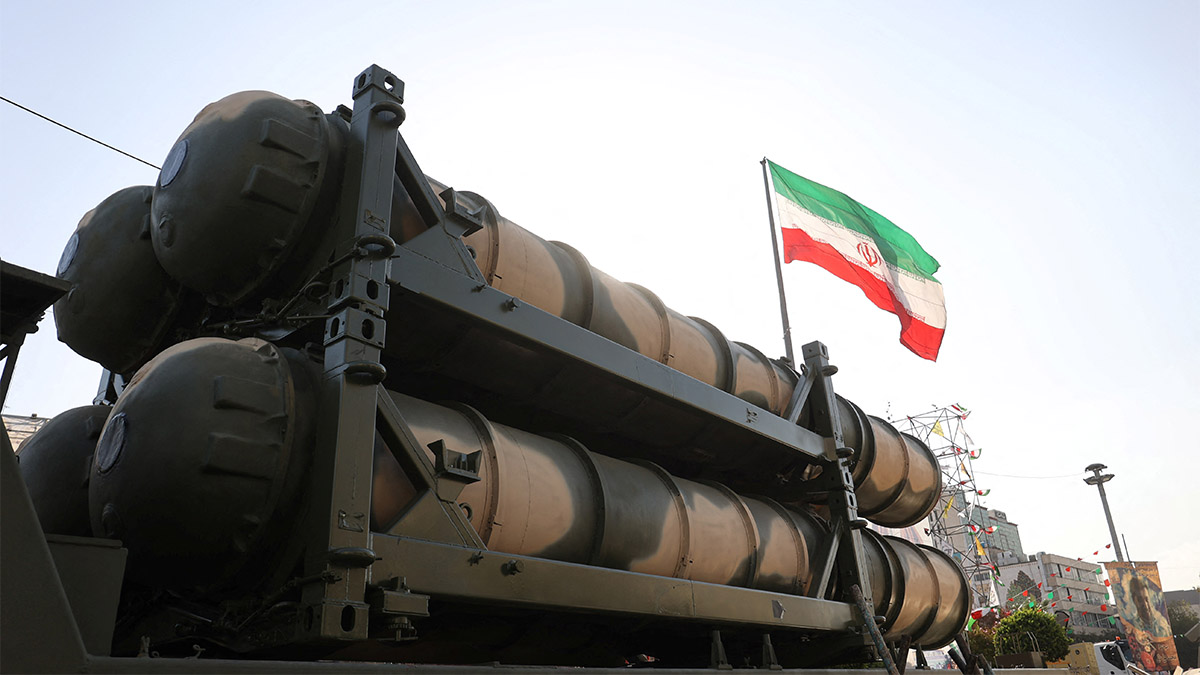Wildfires are out of control in Greece.
The country has seen over three dozen wildfires flare up since the weekend.
Thousands of residents near Athens have been forced to evacuate their homes as a massive 30-kilometre wildfire rages outside the capital.
Meanwhile, the army has been sent in to fight fires raging in eastern Attica.
Wildfires in Greece last year killed more than 20 people, including 18 migrants who became trapped by the flames as they trekked through a forest in northeastern Greece and were caught by a massive fire that burned for more than two weeks.
But what happened? And what’s behind the deadly blaze?
Let’s take a closer look:
What happened?
A major forest fire was raging out of control on the northern fringes of the Greek capital Monday, triggering numerous evacuations of Athens suburbs and outlying areas as strong, swirling winds hampered the efforts of hundreds of firefighters and dozens of water-dropping planes.
Faced with a massive, fast-moving blaze that sent flames towering at times to heights of over 25 meters Greece asked for assistance from other countries, activating Europe’s mutual civil protection mechanism.
The fire that began Sunday afternoon burned homes and sent a blanket of smoke and ash over central Athens, where the smell of burning lingered in the air. Power cuts were reported in several parts of the capital and also affected traffic lights at major junctions in the center.
French Interior Minister Gérald Darmanin said France would send a helicopter, 180 civil security personnel and 55 fire engines. Greece’s civil protection authority said Italy was sending two water-dropping planes and the Czech Republic was sending 75 firefighters and 25 vehicles, while Spain and Turkey were also finalizing reinforcements to send to Greece.
Authorities are faced with “an exceptionally dangerous fire, which we have been fighting for more than 20 hours under dramatic circumstances,” Climate Crisis and Civil Protection Minister Vassilis Kikilias said mid-morning Monday. The fire was burning mainly on two separate fronts, with some parts in particularly difficult to reach areas on a mountain northeast of Athens, Kikilias said.
A children’s hospital and a military hospital, two monasteries and a children’s home were evacuated, while one more hospital was to be evacuated Monday afternoon. More than two dozen emergency push alerts were sent to cellphones in the area warning people to flee, while homes in several areas were burned, although the exact number was not immediately clear.
What’s behind the deadly blaze?
Experts say wildfires are fairly common in Greece thanks to the hot and dry weather.
This particular blaze came after Greece just experiences its hottest June and July ever, as per Forbes.
The country has seen the past four years record three of its warmest July temperatures since 1944.
This July was 0.54 degrees Fahrenheit warmer than the previous record.
As pe_r Euro News,_ Greece is also affected by its closeness to Africa.
Warm winds from the Sahara which cross the ocean –- known as ‘Sirocco’ or ‘Khamsin’ – can often exacerbate the heatwave.
But experts say climate change is making things worse particularly in the Mediterranean.
“The Mediterranean is a hot spot of the climate crisis,” Dr Lagouvardos, research director at the National Observatory of Athens (NOA) told Euro News.
Southern Italy, Cyprus, Türkiye and northern African countries have also been badly hurt.
Down To Earth reported that scientists, using the fire weather index, have estimated that the Mediterranean now faces nearly a month of extra extreme fire weather every year.
According to BBC, the extended periods of intense heat is causing moisture to evaporate from the land.
Then, when a blaze breaks out in such a situation it can – guided by fierce winds – move incredibly quickly.
Human beings are also to blame for the way in which we change natural vegetation into forest plantations or farmland.
And things are only set to get worse.
DTE quoted the UN Environment Programme as showing that extreme wildfires can increase up to 14 per cent by 2030 and 50 per cent by 2100 if things do not improve.
Even if nations adhere to limiting warming to 1.5°Celsius, the Mediterranean will witness 40 per cent more of its area set aflame.
Temperatures, in Greece for example, have already jumped over 1.5 degrees Celsius over the past 30 to 40 years, according to Lagouvardos.
And the results are there for all to see.
Worse, the country itself is extremely vulnerable to climate change by dint of its geography.
“The existence of many islands amplifies these [climate] vulnerabilities due to their isolation, varied microclimates, and the logistical challenges in managing disasters across a dispersed archipelago,” Christos Zerefos, secretary general at the Academy of Athens and climate envoy for Greece told Euro News.
“Taking into account that Greek islands host unique ecosystems and biodiversity that are highly sensitive to changes in temperature and precipitation, climate change, through increased fires and extreme weather, is the most significant threat to these ecosystems,” Zerefos added.
For Greece, there is no relief in sight.
Athens Observatory’s research director, Kostas Lagouvardos, told state broadcaster ERT, “What makes the situation so dangerous is the prolonged drought and very high temperatures that have lasted for so long.”
Greece’s climate crisis and civil protection minister Vassilis Kikilias has warned that “extremely high and dangerous weather conditions” would continue until Thursday.
Kikilias on the weekend said he had called for emergency measures involving the army, police and volunteers to deal with forest fires until August 15.
“Extremely high temperatures and dangerous weather conditions will prevail,” he said. “Half of Greece will be in the red.”
After its warmest winter on record and long periods of little or no rainfall, Greece also registered its hottest June and July and is forecast to record its hottest-ever summer.
Fires have also burned this summer amid extreme heat elsewhere in Europe, including in Spain and the Balkans_._
With inputs from agencies


)
)
)
)
)
)
)
)
)



